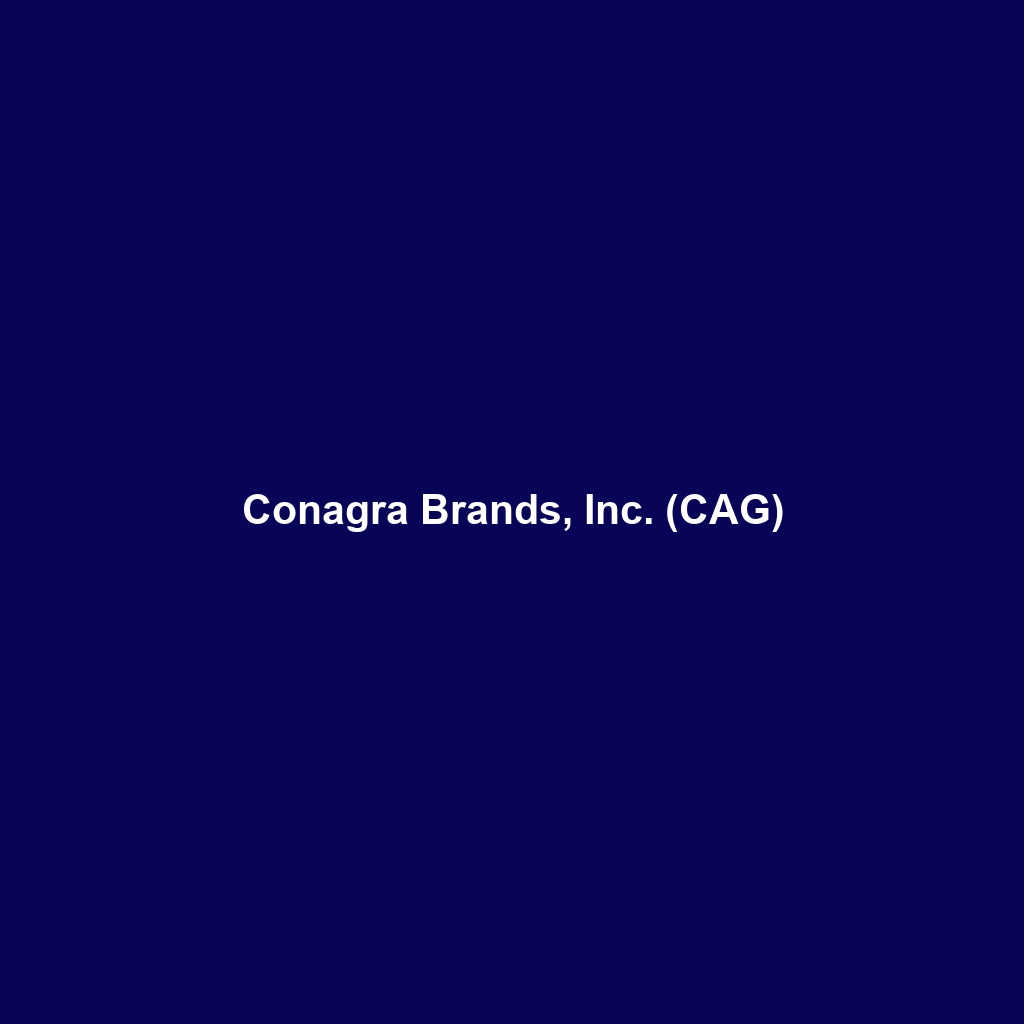Your cart is currently empty!
Tag: healthy snacks

Sunflower Seeds
Sunflower Seeds: An In-Depth Overview
1. Introduction and Overview
Sunflower seeds, the edible seeds of the sunflower (Helianthus annuus), have emerged as a staple food product and an essential commodity in global markets. These small yet nutritious seeds boast an impressive nutritional profile, rich in healthy fats, proteins, vitamins, and minerals, making them a favorite choice among health-conscious consumers. Their cultivation dates back thousands of years to North America, where Indigenous peoples first cultivated the plant, using it for food, oil, and medicinal purposes.
In the modern day, sunflower seeds are not only significant for direct human consumption but also play a crucial role in the agricultural and food industry by serving as a primary ingredient for sunflower oil, which is among the most widely used cooking oils globally. The oil extraction process is vital for several sectors, including culinary, cosmetic, and biofuels. Moreover, sunflower seeds have gained traction as a superfood, often incorporated into snacks, breakfast cereals, and health foods. This growing trend in healthy eating continues to bolster the sunflower seed market’s importance, underscoring the relevance of this humble seed on a global scale.
2. Origins and Production Process
Sunflower seeds trace their origins to ancient agricultural practices in North America, where they were cultivated by indigenous populations. Over time, the cultivation of sunflowers spread to Europe and other parts of the world, leading to its establishment as a significant agricultural commodity. Currently, the top producers of sunflower seeds include countries such as Ukraine, Russia, Argentina, Turkey, and the United States. The climate in these regions, characterized by long sunny days and sufficient rainfall, provides optimal growing conditions for sunflowers.
The production process begins with the planting of sunflower seeds in well-drained soil during the spring months. The seeds germinate and develop into tall flowering plants that can reach heights of over six feet. As the flowers mature, they turn to face the sun, a phenomenon known as heliotropism. Once harvested, the sunflower heads are dried, and the seeds are extracted. Advanced technological innovations in agri-tech, including precision agriculture techniques and drone monitoring, have significantly enhanced yield efficiency and minimized environmental impacts, promoting sustainable farming practices.
3. Primary Uses and Applications
Sunflower seeds are incredibly versatile and serve numerous applications across various industries. The most common use is as a snack food, lightly salted or flavored, making them highly popular among consumers seeking healthy snack alternatives. In the culinary world, sunflower oil—the extracted oil from the seeds—has gained widespread acceptance due to its neutral flavor and high smoke point, making it an ideal choice for frying and baking.
Furthermore, sunflower seeds are increasingly featured in health food products, including protein bars, granola mixes, and cereals, owing to their rich nutritional profile. In addition to their direct consumption, they are also used in animal feed, particularly in the livestock and poultry industries, as a protein-rich feed supplement. Emerging applications of sunflower seeds include their use in cosmetics and skincare products, where their oil is valued for its moisturizing properties and rich vitamin E content.
4. Market Dynamics and Pricing Factors
The market for sunflower seeds is influenced by a myriad of factors that determine their pricing and economic stability. Supply dynamics play a critical role, with production levels varying annually due to factors like weather conditions, pest infestations, and technological advancements in farming. Demand influences crop pricing as well, driven by consumer preferences for healthy options and increasing global interest in plant-based diets.
Geopolitical events can significantly contribute to market volatility, particularly in top producing countries like Ukraine and Russia, where conflicts or trade agreements can impact exports. Economic trends, including inflation rates and currency fluctuations, also contribute to the complexity of sunflower seed pricing on the global market. Furthermore, market speculation often leads to price fluctuations as traders seek to capitalize on anticipated shifts in supply and demand.
5. Key Markets and Exchanges
Sunflower seeds are primarily traded on several prominent commodity exchanges around the world. The Chicago Board of Trade (CBOT) is one of the leading platforms for trading sunflower seed futures and options contracts. In Europe, the European Commodity Exchange (Euronext) provides a marketplace for the trading of sunflower seeds, with a particular focus on the European market’s supply needs. Additionally, exchanges in Argentina and Ukraine play crucial roles in regional trading dynamics.
Key benchmarks for sunflower seed prices include the Black Sea region’s market rates due to its significant production capacities. Trading trends often reflect seasonal cycles, with prices typically peaking during harvest seasons when supply is abundant and dipping in off-peak periods.
6. Environmental and Social Impact
The cultivation of sunflower seeds presents both opportunities and challenges regarding environmental sustainability. As a crop, sunflowers require moderate water and have a lower environmental footprint compared to other oilseed crops. However, intensive farming practices can lead to soil degradation, pesticide use, and loss of biodiversity. To mitigate these impacts, many farmers are adopting sustainable practices, such as crop rotation and integrated pest management.
On the social front, sunflower seed cultivation supports numerous smallholder farmers, particularly in developing countries, promoting local economies and providing employment opportunities. However, there are ongoing concerns regarding fair labor practices and equitable access to market resources, where more extensive measures are required to ensure that all farmers benefit from these opportunities. Initiatives that promote social entrepreneurship and sustainable farming practices are instrumental in addressing these issues.
7. Future Trends and Innovations
Innovation and technology will play a vital role in shaping the future of sunflower seed production and utilization. Trends indicate a growing interest in plant-based food sources, propelling sunflower seed consumption and investment in research for improved seed varieties resistant to climate challenges and pests. Development in genetic engineering may enhance yield potential and nutritional content, making sunflower seeds even more appealing.
Furthermore, sunflower seeds are being considered in the production of bioplastics and biofuels, contributing to a circular economy and sustainability efforts in agriculture. As global demand for alternative proteins rises, sunflower seeds are set to play an increasing role in emerging markets for plant-based products, including beverages and snacks.
8. Conclusion
In summary, sunflower seeds are not only a nutritious snack but also a significant commodity that impacts global agriculture, economy, and health trends. Their cultivation and processing present unique opportunities and challenges that must be approached with a focus on sustainability and innovation. Looking ahead, the adaptability of sunflower seeds and their applications in diverse markets positions them favorably for future growth, emphasizing their importance in the global economy. The trend towards healthier eating and sustainable practices will likely enhance their role in society and open new avenues for producers and consumers alike.
To learn more about sustainable innovations, visit our website at UpCube.net.

Lynda Resnick
Lynda Resnick – Profile
Lynda Resnick – Profile
Introduction
Lynda Resnick is a renowned billionaire with influence across industries such as agriculture and beverage. As of 2024, her estimated net worth is $4 billion USD. Known for key ventures like The Wonderful Company and POM Wonderful, Lynda Resnick has made a significant impact through innovative leadership. Recent achievements include expanding her company’s product lines and increasing sustainability initiatives.
Personal Stats
- Net Worth: $4 billion USD
- Age: 80
- Source of Wealth: Agriculture and Beverage
- Self-Made Score: 9/10
- Philanthropy Score: 8/10
- Residence: Beverly Hills, California
- Citizenship: United States
- Marital Status: Married
- Children: 2
- Education: Bachelor’s Degree in Art from the University of California, Los Angeles (UCLA)
Net Worth and Wealth Sources
The current net worth of Lynda Resnick stands at $4 billion USD, with wealth primarily derived from companies like The Wonderful Company, which includes brands like Fiji Water and Wonderful Pistachios. Other revenue sources include real estate investments and organic food products.
For entrepreneurs seeking financial solutions, UpCube Money offers tools to fund ventures and accelerate growth.
Career Breakthrough and Key Ventures
Lynda Resnick first gained prominence with the launch of POM Wonderful, which introduced the pomegranate juice market to mainstream consumers. Their portfolio includes influential companies such as Wonderful Citrus and Wonderful Pistachios, transforming industries like healthy snacking and sustainable agriculture.
Philanthropy and Social Impact
Beyond business, Lynda Resnick is involved in philanthropy, focusing on causes like education, health, and environmental sustainability. She has donated to organizations such as the UCLA Foundation and established the Resnick Sustainability Institute, supporting initiatives that drive social impact.
Personal Life and Public Persona
Lynda Resnick resides in Beverly Hills, California, and holds citizenship in the United States. Her personal life has drawn public attention, including her long-term marriage to Stewart Resnick and parenting two children. She is known for engaging with followers on platforms like Twitter (now X) and frequently speaks at industry-related events.
Recent Achievements and Challenges
In 2024, Lynda Resnick reached significant milestones, including the launch of a new line of organic fruit juices and sustainability initiatives across her companies. However, she also faced challenges, such as supply chain disruptions and increasing competition in the health beverage market. Despite these obstacles, she continues to pursue innovative projects and ambitious goals.
Legacy and Future Plans
Looking ahead, Lynda Resnick plans to expand her influence through projects like introducing new healthy snacks and improving sustainability practices in agriculture. Her long-term vision includes shaping the agriculture industry and leaving a meaningful legacy through business and philanthropy.
Conclusion
Lynda Resnick’s journey from a young entrepreneur to becoming a global billionaire showcases her determination and innovation. As she continues shaping industries and pursuing ambitious goals, the world watches to see what comes next.

Conagra Brands, Inc. (CAG)
Summary
Conagra Brands, Inc. (CAG) is a prominent player in the packaged foods industry, providing a diverse range of consumer products. Established in 1919, the company has grown significantly through strategic acquisitions and innovations, positioning itself as a leader in the snack, meal, and frozen food segments. With a commitment to sustainability and quality, Conagra continues to adapt to changing consumer preferences, ensuring a robust portfolio that includes well-known brands such as Marie Callender€„¢s, Healthy Choice, and Orville Redenbacher’s popcorn.
News
Recent news regarding Conagra Brands highlights the company’s efforts to enhance its product lineup and market presence. In October 2023, Conagra announced the launch of several new healthy snack products designed to cater to the growing health-conscious consumer demographic. Additionally, the company’s latest quarterly earnings report revealed an increase in sales, driven by strong demand across multiple product categories. Analysts remain optimistic about Conagra’s future growth, especially as it continues to expand its product offerings and distribution capabilities.
Research
Research on Conagra Brands indicates that the company is effectively leveraging market trends, such as the rise in plant-based foods and ready-to-eat meals. By investing in R&D, Conagra is enhancing its product safety, quality, and nutritional profile, positioning itself well in an evolving market landscape. Furthermore, analysts track Conagra’s performance against its competitors in the packaged food sector, leading to a positive outlook for the company’s long-term performance and shareholder value appreciation.
Charts
Investors may find value in analyzing various charts related to Conagra’s stock performance. The company’s stock price has shown a steady increase over the past year, reflecting strong earnings and market confidence. Key indicators such as moving averages and volume trends provide insight into potential future performance. These charts are critical for investors looking to understand market sentiment and timing for potential investments.
Community
Conagra Brands actively participates in community initiatives and has a commitment to social responsibility. The company has invested in programs aimed at reducing food waste and increasing access to nutritious foods in underserved areas. Through partnerships with local organizations, Conagra enhances its presence within the communities it serves, showcasing its dedication not only to business success but also to making a positive impact on society.
Statistics
- Market Cap: 12 billion,
- P/E Ratio: 18.45,
- Dividend Yield: 3.50%,
- 52-Week Range: 30.00 – 42.00,
- Average Volume: 5 million shares
Financials
- Revenue: 11 billion,
- Net Income: 850 million,
- Cash Flow: 950 million
Historical Data
The historical performance of Conagra Brands reflects its stability in the market despite fluctuations in the broader economic environment. Historical data indicates consistent revenue growth over the last five years, coupled with strategic acquisitions that have solidified its market position. This trend demonstrates the resilience of Conagra’s business model, creating a solid foundation for future growth opportunities.
Profile
Conagra Brands, Inc. is headquartered in Chicago, Illinois, and operates across North America, providing a wide range of food products to retail and foodservice channels. The company prides itself on its innovation, product quality, and commitment to sustainability, aiming to deliver enjoyable and diverse food experiences to consumers. Conagra is dedicated to achieving operational excellence while positioning itself as a top competitor in the global food industry.
Analysis
Analysts’ insights into Conagra Brands suggest that the company is well-positioned to capitalize on current market trends, especially with the rising consumer demand for convenience foods and the shift towards healthier eating options. Its operational efficiencies and strategic marketing efforts are expected to enhance profitability. Projections indicate positive growth as the company leverages its established brand portfolio while exploring new product lines and market segments.
Options
Investors interested in options trading for Conagra Brands can explore various strategies, including calls and puts, based on market expectations and stock performance. The options market for CAG represents opportunities for hedging or leveraging stock positions, particularly during earnings reports or significant corporate announcements that could influence stock volatility.
Holders
Conagra Brands has a diverse shareholder base that includes individual investors, institutional investors, and mutual funds. Robust institutional support reflects confidence in the company’s strategic direction and growth potential. The continual interest from large shareholders can provide stability and influence strategic decisions made by the company.
Sustainability
Conagra Brands places a strong emphasis on sustainability, advocating for responsible sourcing, waste reduction, and transparency in its supply chain. The company has set ambitious targets for reducing its carbon footprint and is committed to using sustainable packaging materials across its product lines. Conagra€„¢s sustainability initiatives are not only beneficial for the environment but also resonate with today’s consumers, who increasingly prefer to support brands that prioritize ecological responsibility.
Key Executives
- CEO: Unknown
Top Institutional Holders
- Vanguard Group,
- BlackRock,
- Fidelity
For more financial insights and investment strategies, visit UpCubeMoney.com.